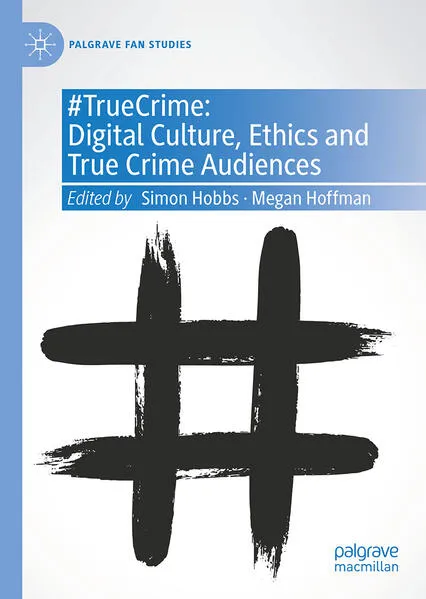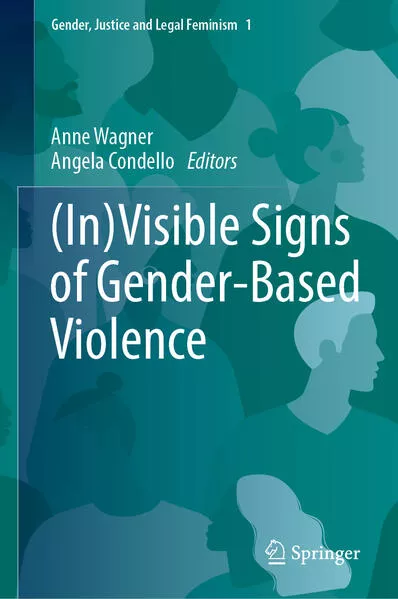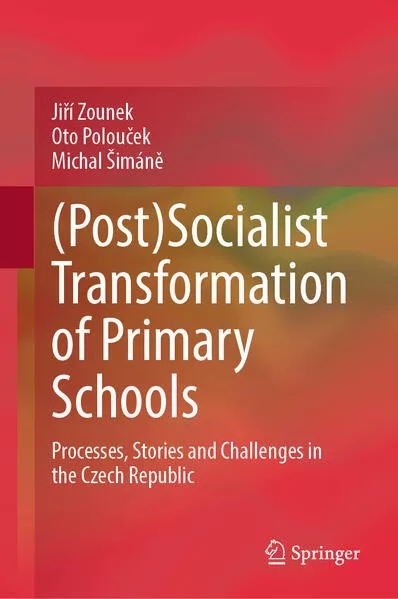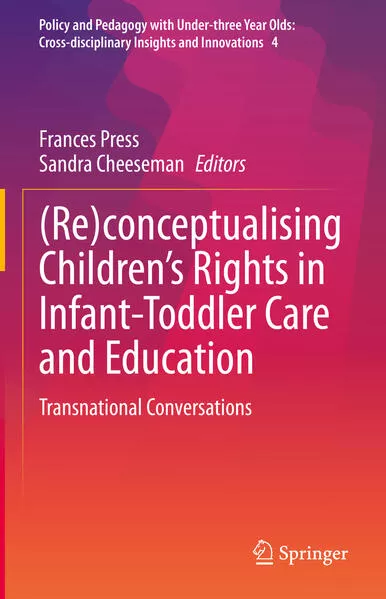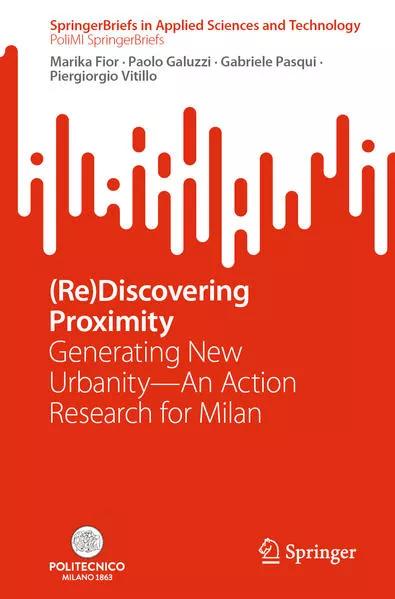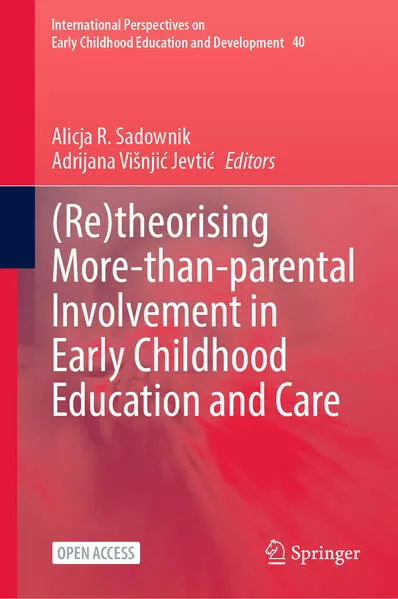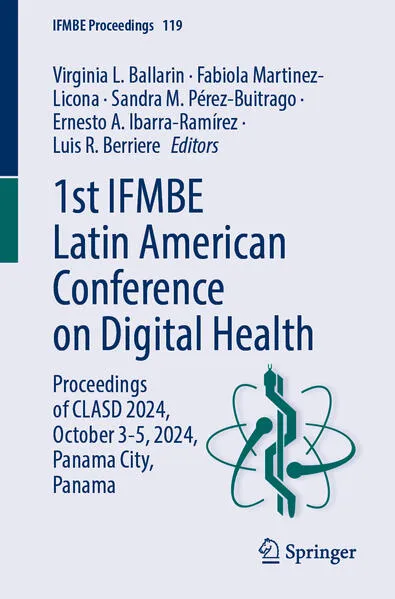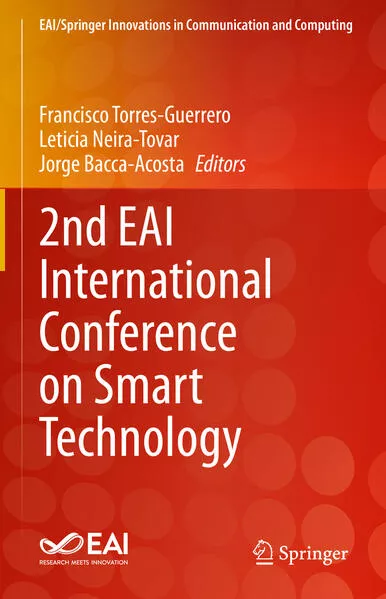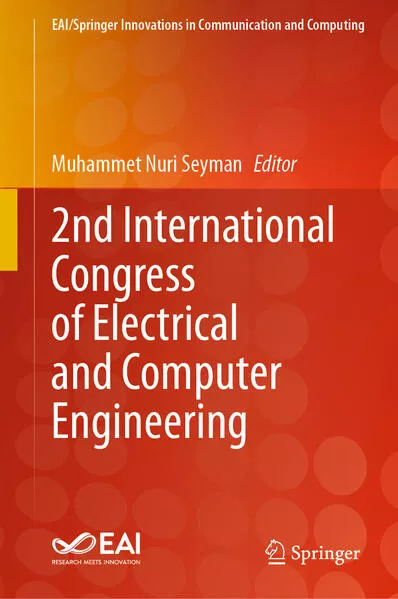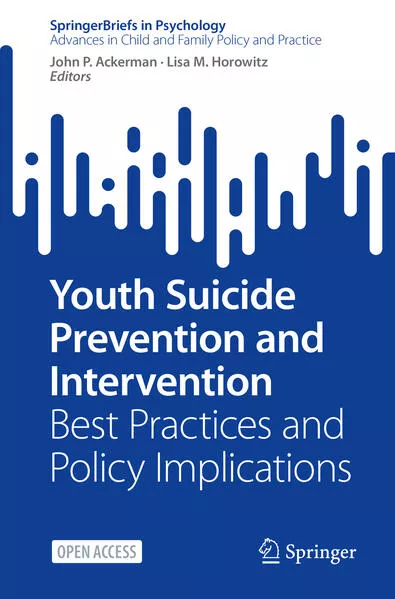
Youth Suicide Prevention and Intervention
Best Practices and Policy Implications
This open access book focuses on the public health crisis of youth suicide and provides a review of current research and prevention practices. It addresses important topics, including suicide epidemiology, suicide risk detection in school and medical settings, critical cultural considerations, and approaches to lethal means safety. This book offers cutting-edge research on emerging discoveries in the neurobiology of suicide, psychopharmacology, and machine learning. It focuses on upstream suicide prevention research methods and details how cost-effective approaches can mitigate youth suicide risk when implemented at a universal level. Chapters discuss critical areas for future research, including how to evaluate the effectiveness of suicide prevention and intervention efforts, increase access to mental health care, and overcome systemic barriers that undermine generalizability of prevention strategies. Finally, this book highlights what is currently working well in youth suicide prevention and, just as important, which areas require more attention and support.
Key topics include:
- The neurobiology of suicide in at-risk children and adolescents.
- The role of machine learning in youth suicide prevention.
- Suicide prevention, intervention, and postvention in schools.
- Suicide risk screening and assessment in medical settings.
- Culturally informed risk assessment and suicide prevention efforts with minority youth.
- School mental health partnerships and telehealth models of care in rural communities.
- Suicide and self-harm prevention and interventions for LGBTQ+ youth.
- Risk factors associated with suicidal behavior in Black youth.
- Preventing suicide in youth with autism spectrum disorder (ASD) and intellectual disability (ID).
Youth Suicide Prevention and Intervention is a must-have resource for policy makers and related professionals,graduate students, and researchers in child and school psychology, family studies, public health, social work, law/criminal justice, sociology, and all related disciplines.
Unterstütze den lokalen Buchhandel
Nutze die PLZ-Suche um einen Buchhändler in Deiner Nähe zu finden.
Bestelle dieses Buch im Internet
| Veröffentlichung: | 24.08.2022 |
| Seiten | 169 |
| Art des Mediums | E-Book [Kindle] |
| Reihe | Advances in Child and Family Policy and Practice |
| ISBN-13 | 978-3-031-06127-1 |
| ISBN-10 | 3031061276 |
Über den Autor
John P. Ackerman, Ph.D., serves as the Suicide Prevention Coordinator for the Center for Suicide Prevention and Research (CSPR) at Nationwide Children's Hospital (NCH). Dr. Ackerman is a child and adolescent psychologist, clinical training supervisor, and researcher at NCH. He has contributed to research on neurocognitive risk factors contributing to adolescent suicidal behavior, strategies to enhance transitions from acute care to the community, and media’s role in suicide contagion and prevention. Dr. Ackerman has coordinated the implementation of evidence-based suicide prevention and screening strategies in Ohio schools in more than 20 counties. Dr. Ackerman has also developed a suicide prevention curriculum for out-of-school programs, including the Boys and Girls Clubs of America in partnership with the American Association of Suicidology (AAS). In partnership with the Zero Suicide Institute, he has led efforts at NCH in in training all Behavioral Health staff in suicide screening, risk assessment, and safety planning. Dr. Ackerman serves on the strategic media committee, autism and suicide committee, and the youth suicide prevention committee of AAS. He is a member of American Psychological Association’s Society for Clinical Child and Adolescent Psychology and is a member of the executive committee of the Franklin County Suicide Prevention Coalition.Lisa M. Horowitz, PhD, MPH, is a Staff Scientist / Pediatric Psychologist in the National Institute of Mental Health Intramural Research Program at the National Institutes of Health. She serves as a senior attending psychologist with a specialty in pediatric psychology on the Psychiatry Service in the Hatfield Clinical Research Center at NIH. The major focus of Dr. Horowitz’s research has been detection of suicide risk in the medical setting. She is lead PI on six NIMH suicide prevention protocols that involve validating and implementing the Ask Suicide-Screening Questions (ASQ) in the ED, inpatient medical/surgical, outpatient primary care settings. Dr. Horowitz is collaborating with hospitals, outpatient pediatric clinics, and school settings around the country, assisting with implementation of suicide risk screening and management of patients who screen positive using the ASQ Toolkit and Youth Suicide Risk Screening Clinical Pathways.
Diesen Artikel teilen
0 Kommentar zu diesem Buch
.... weitere Publikationen von Springer International Publishing
Kinderbuch »Lasse und Juna - Total versteinert!« – Wikingerabenteuer mit Mut, Freundschaft und Entdeckergeist
Bewerbungsfrist bis zum: 05.03.2026



